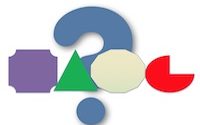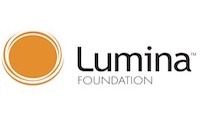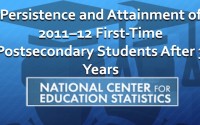
Evaluation Of Content Validity Of Tests In Higher Mathematics Using Google Docs Applications
The present paper studies the issue of content validity analysis of computer tests in higher mathematics. The evaluation technology of quality of test content using Google Docs is given. It provides for organization and realization of examination to establish coincidence between test items and test content, making decisions by test compiler. The examination consists of […]
















